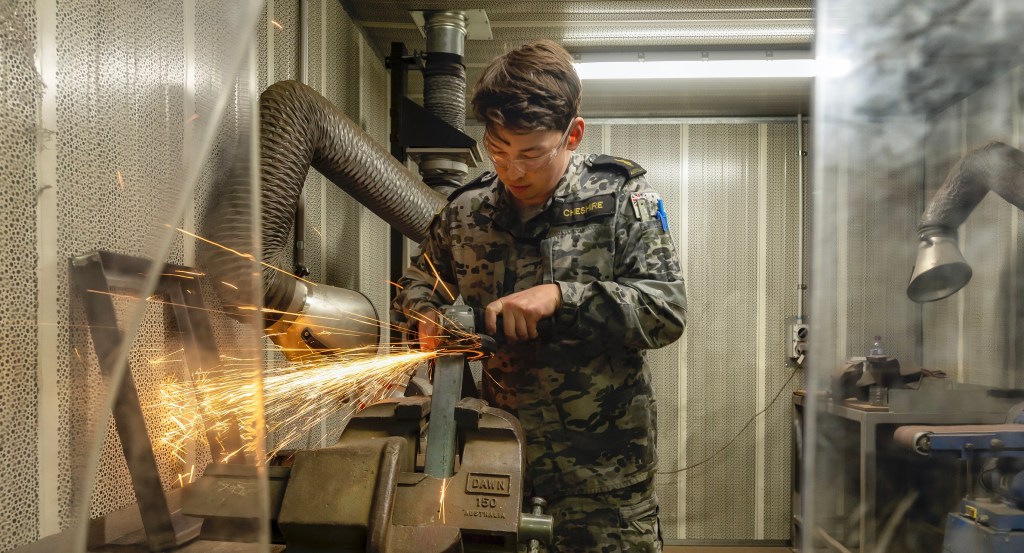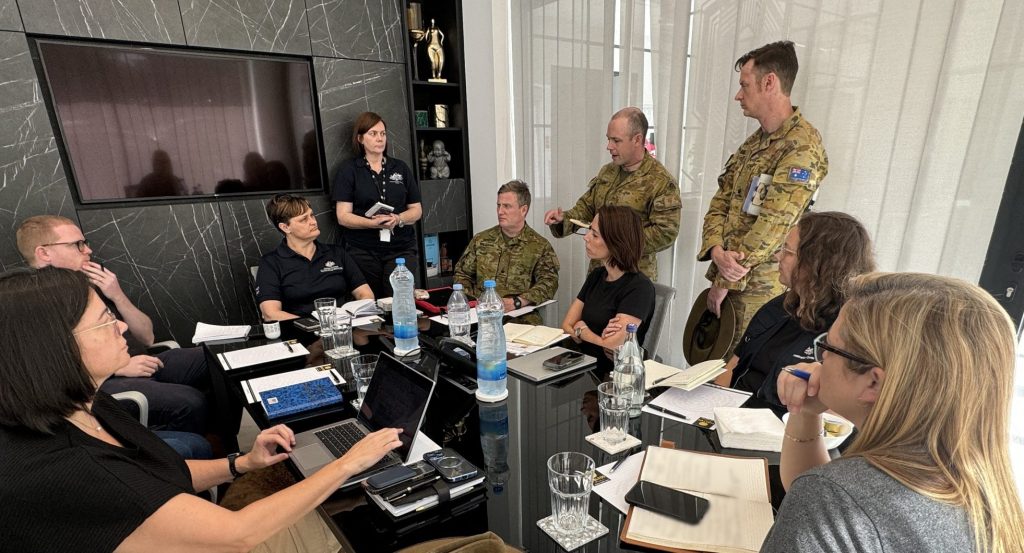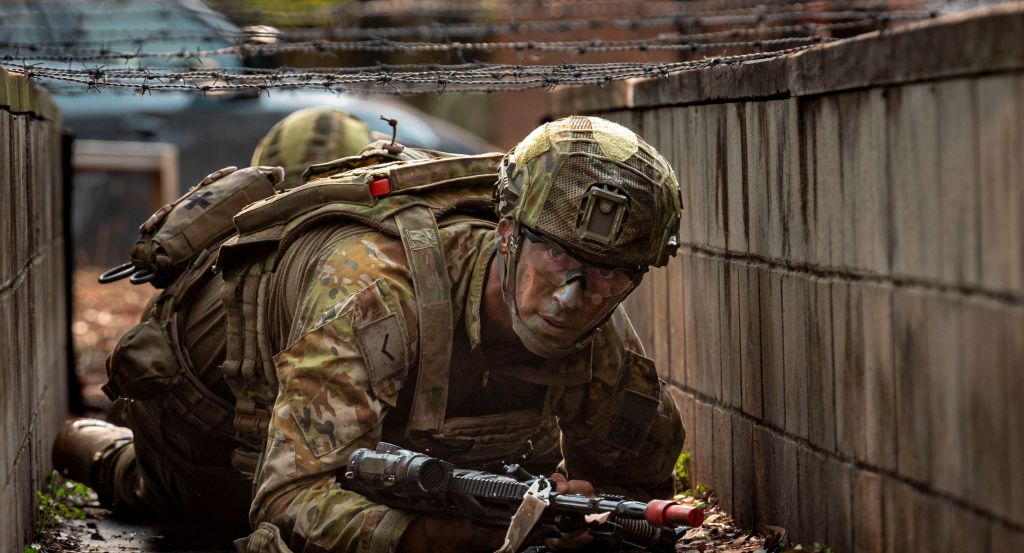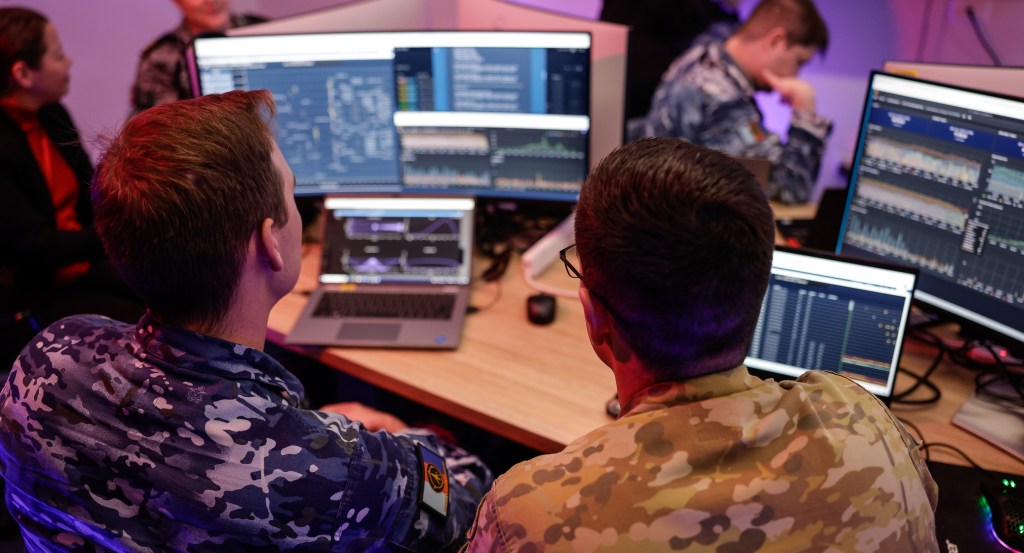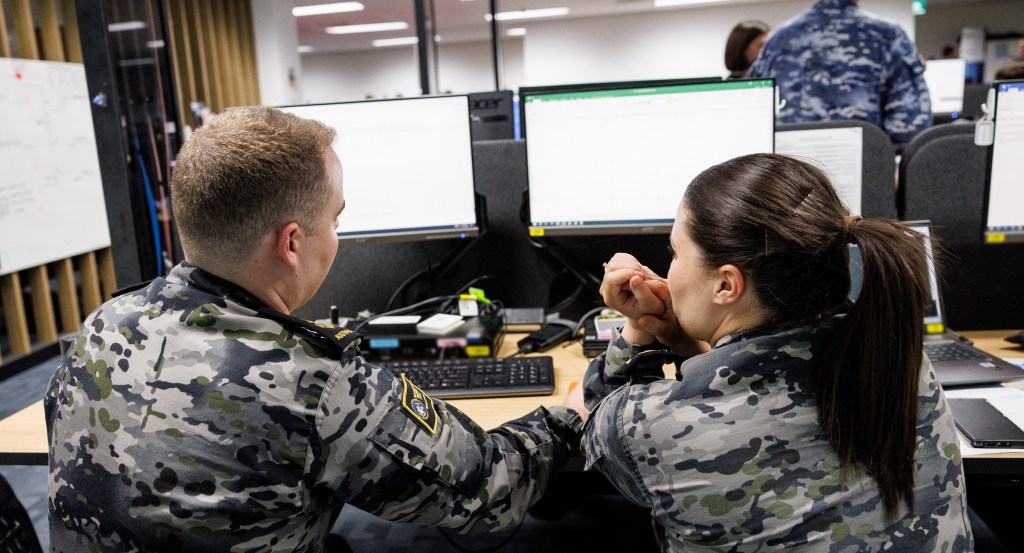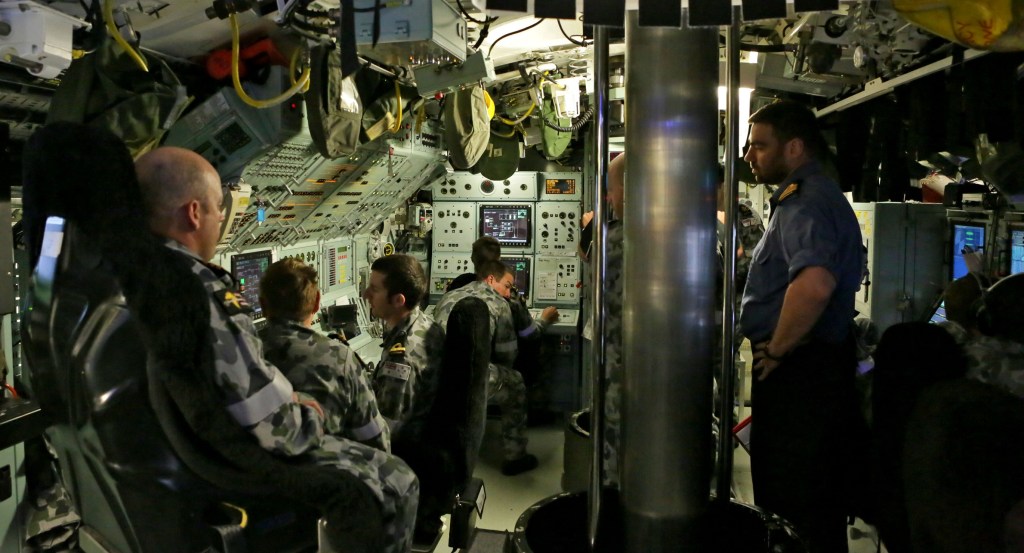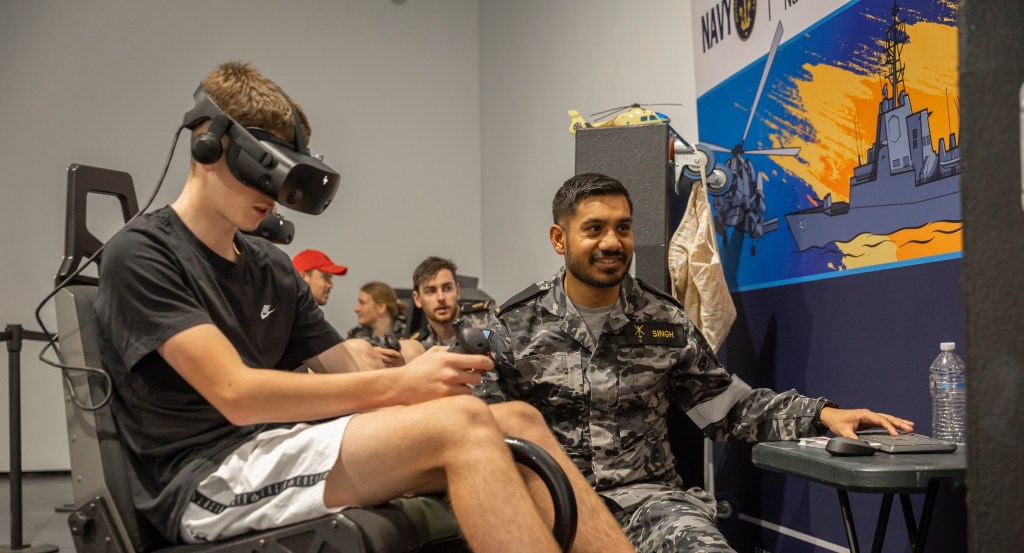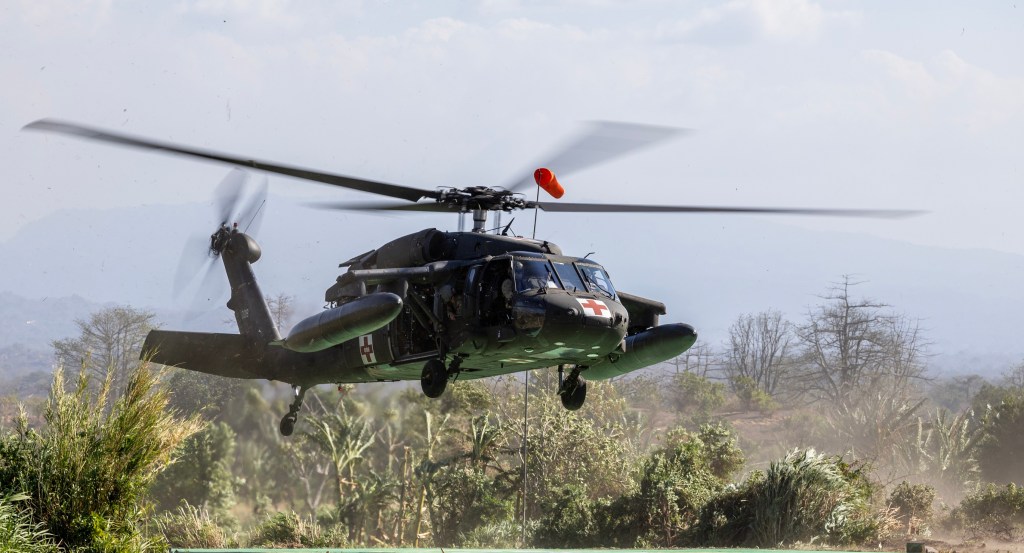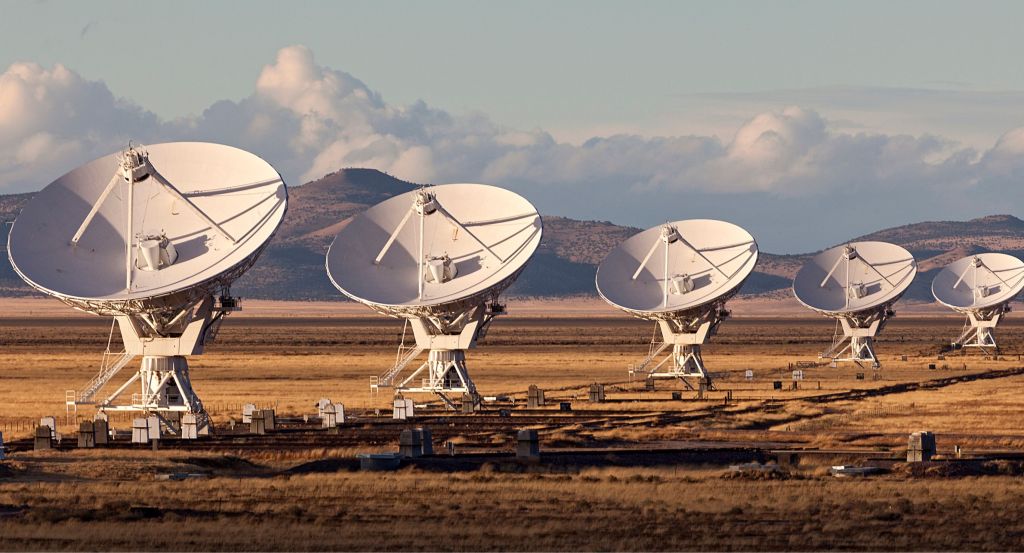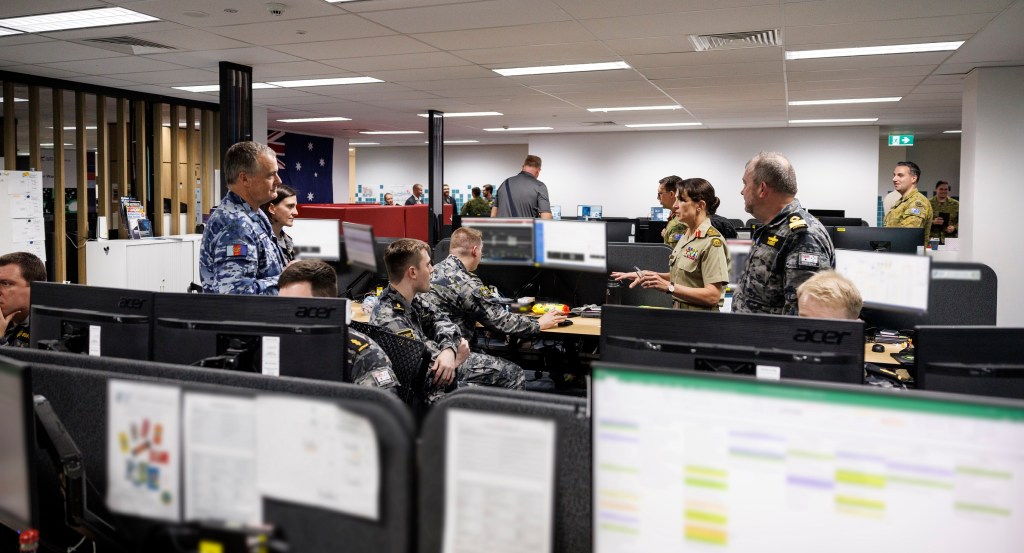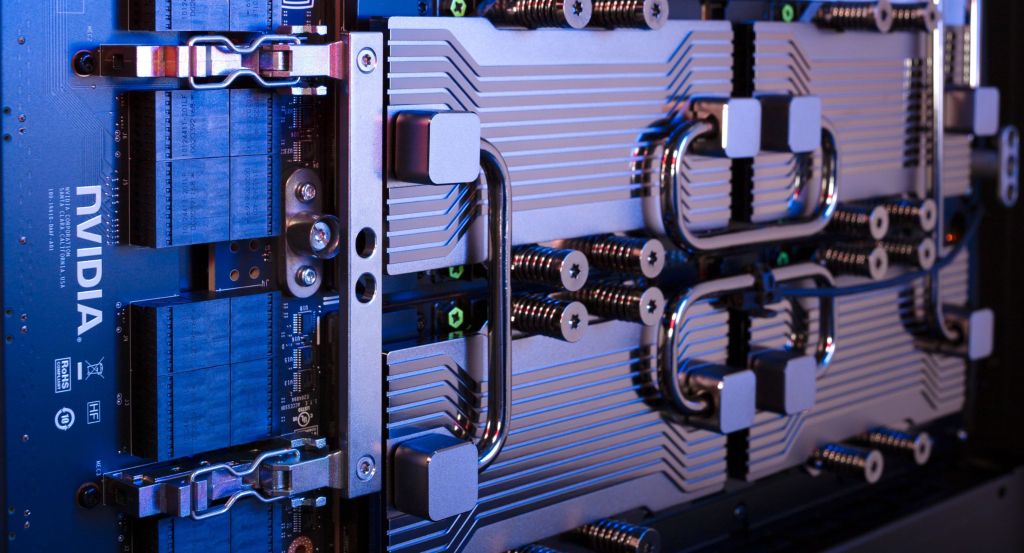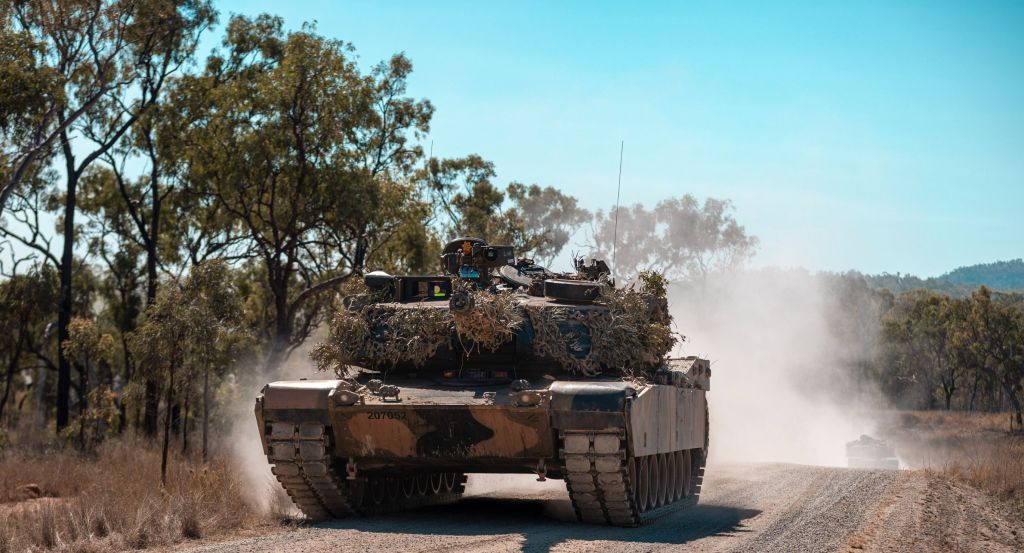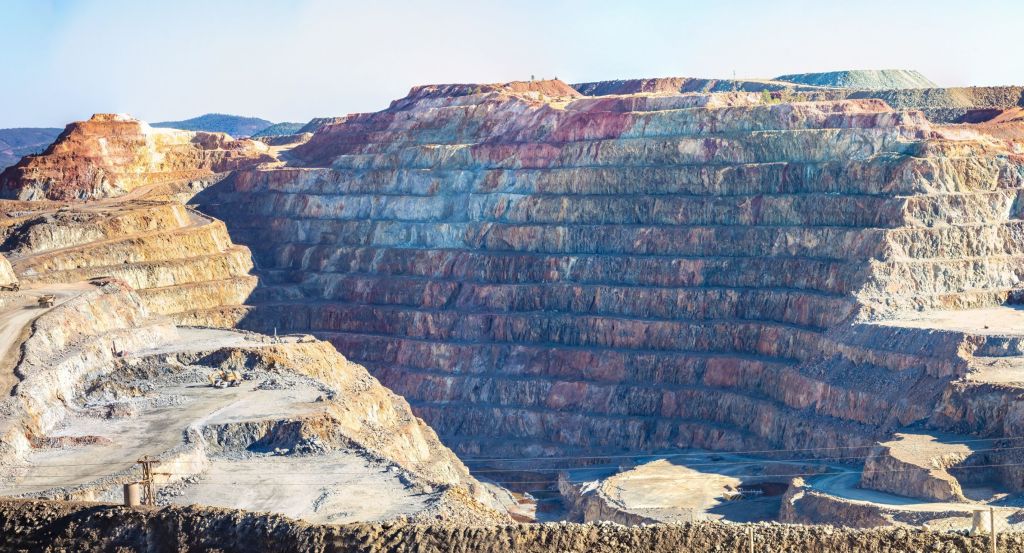New battlegrounds: Australia's future fighting force

New battlegrounds: Australia's future fighting force
While Australia will confront serious defence challenges in the coming decades, what is unclear is how it will respond to predicaments a long way from conventional battlegrounds.
As the nation adopts a new front-foot defensive posture and shifts its acquisitions approach, it will need to do more to combat cyber threats and disinformation, and compete in a new space race. Maintaining sovereign manufacturing capabilities and attracting (and training) top talent as new technology comes on line – especially AI – will be key tests of Australia’s resources and resolve.
This special report looks at the future of Australia’s defence and national security in the wake of the influential Defence Strategic Review. Decisions made today will have a big influence on how effectively Australia can defend itself in the future.
This special report consists of a series of related articles. Please click on the story links below.
